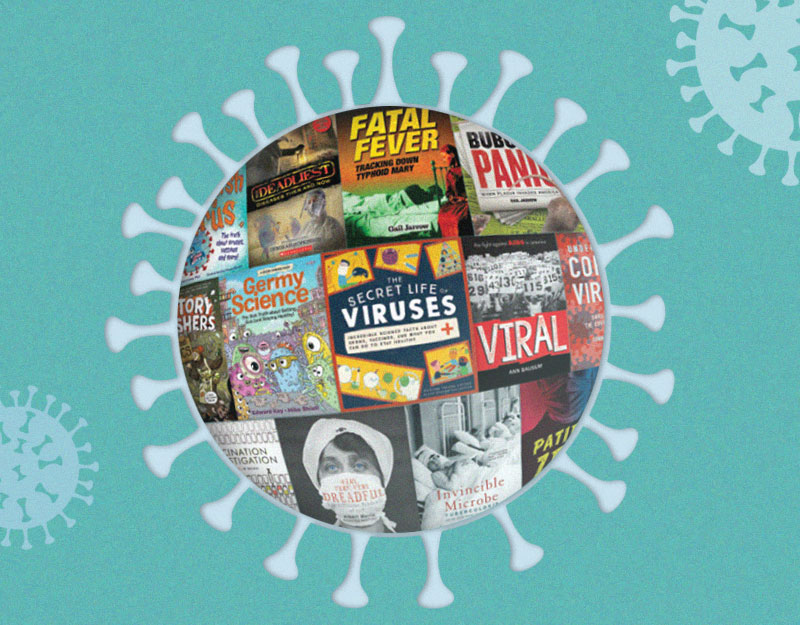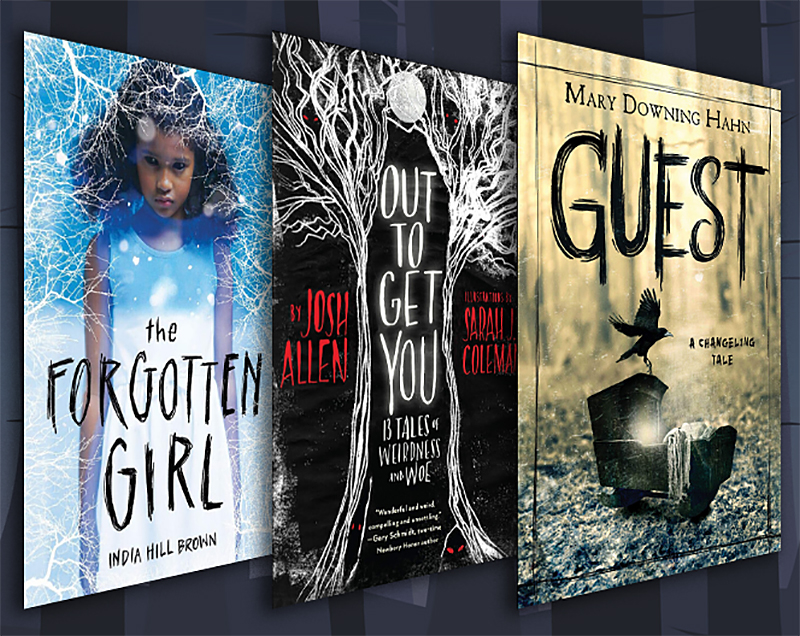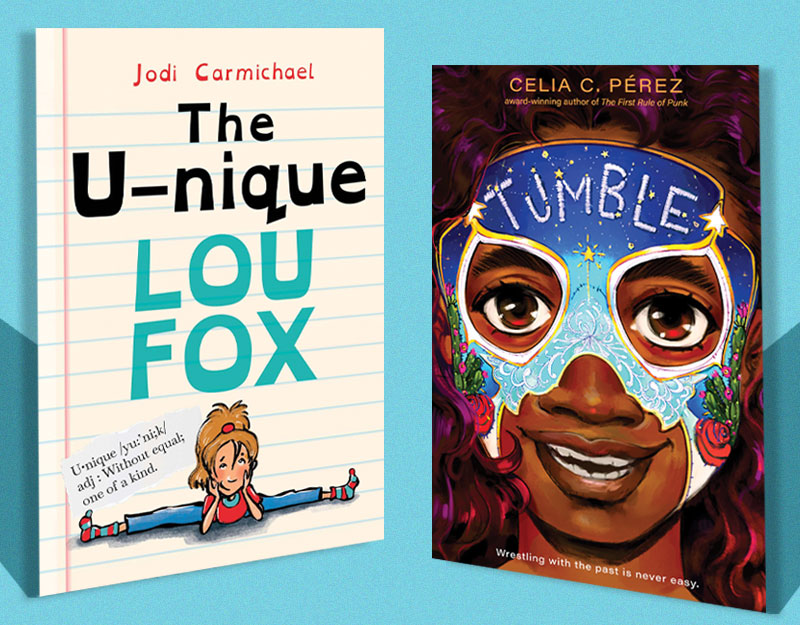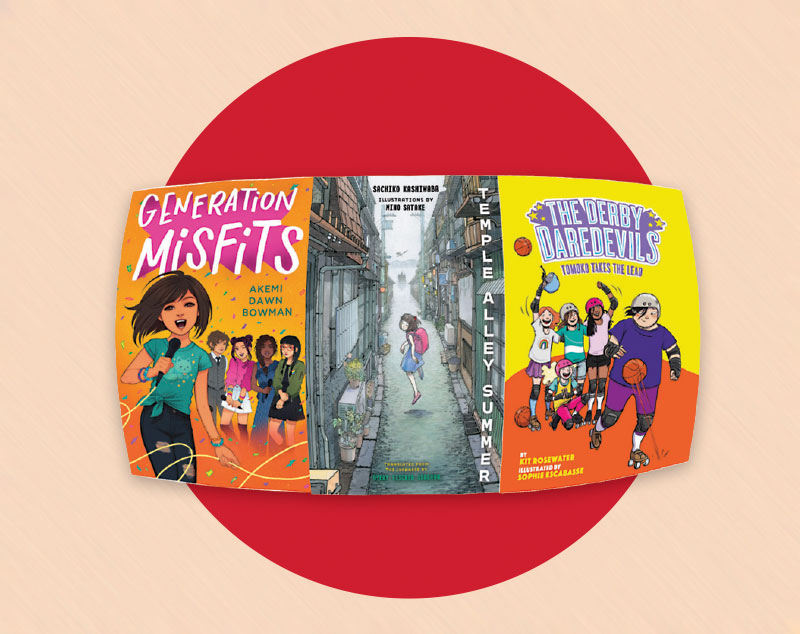Discuss: Is Fat the Last Acceptable Prejudice?
Lately, Christie and I have been having discussions about the portrayal of obesity in teen fiction. So we have been reading and talking about the concept. Here is a look at some of our posts and book reviews:
Every Day by David Levithan, a book review
Butter by Erin Jade Lange, a book review
The Girl of Fire and Thorns by Rae Carson, a book review
Skinny by Donna Cooner, a review
A Second Opinion: Every Day by David Levithan
10 Titles that deal with Obesity and Body Image (with links to some good articles)
The Cover Story: Body image and ya book covers
Top 10 Books about Eating Disorders
A moment to pause and reflect on body image and ya lit
It began because we both had read Every Day by David Levithan. Christie and I had completely different reactions to Every Day (see the two reviews of Every Day above). I mentioned the obese character in my review, but for Christie – that was a complete stumbling block for her, a deal breaker. A few weeks later, there was some discussion of the topic on Twitter and it was clear that many people agreed with Christie and were enraged and offended by the depiction of obesity in Every Day. Without a doubt, it is clear that both “A” (the main character) and Rhiannon are both disgusted by the obese body that A one day inhabits. In fact, of all the characters that A can find a way to be sympathetic to, this obese young man is not one. As Christie mentions in her review, there is no sympathy for the grotesque fat guy when there is for even the drug addict.
ADVERTISEMENT
ADVERTISEMENT
Around the same time, Christie stumbled across an interesting blog post by author Rae Carson, so we decided that she would read and review The Girl of Fire and Thorns to make a comparison. At the same time, I had been reading both Butter and Skinny. In fact, I read Butter and Skinny back to back and I thought they both dealt with the subject well. I liked that both of the stories address some of the emotional components to over eating. I particularly liked how Skinny came to some of her decisions to change her weight in some ways for herself, although there were obviously some outside influences. (Weighing on Weight by Rae Carson)
In a previous post we discussed some of the books that we thought dealt well with weight issues (see Top 10 list above). All in all we agree that there are not enough positive portrayals of overweight teens where weight is not the central issue of the story. We are also concerned that the overall message tends to be that being overweight is that last social taboo that it is still okay to make fun of and criticize. Even as the GLBTQ representation makes tremendous strides in ya lit, and it should, being overweight has not necessarily – although I definitely think that there were some good things in both Butter and Skinny in relation to what the central premise of those books were.
So here are our questions for you:
What teen (ya) lit do you feel has the best, most accurate and fair presentations of teens dealing with being overweight/obese?
What teen (ya) lit do you feel has the least sensitive or most offensive portrayal of teens dealing with being overweight/obese?
Given that being obese does in fact present some real health issues, how do you think we can help teens learn to love themselves while still encouraging them to develop healthy eating and exercise habits?
Yesterday, the news reported that a study showed that overweight teens actually eat fewer calories that average weight teens, but perhaps a more sedentary lifestyle was a co-factor in their weight issues. And without a doubt there are often both emotional and sometimes biological factors that can contribute to being overweight or obese. Do you think ya literature presents a well rounded view of the various possible reasons that a teen may be obese? (NPR: Heavy teens eat less but weigh more than their thinner peers)
Filed under: Body Image
About Karen Jensen, MLS
Karen Jensen has been a Teen Services Librarian for almost 30 years. She created TLT in 2011 and is the co-editor of The Whole Library Handbook: Teen Services with Heather Booth (ALA Editions, 2014).
ADVERTISEMENT
ADVERTISEMENT
SLJ Blog Network
The Moral Dilemma of THE MONSTER AT THE END OF THIS BOOK
Cover Reveal and Q&A: The One and Only Googoosh with Azadeh Westergaard
K is in Trouble | Review
Parsing Religion in Public Schools
ADVERTISEMENT









I recently watched a documentary called “Hungry for Change” which illustrated the difference between eating healthy and eating fewer calories. If you are eating empty calories, your body stores them as fat, but there is no nutritional value, so your body is actually starved for nutrition yet you are overweight.
I was surprised when reading “Girl of Fire and Thorns” that the narrator was overweight. I liked that the narrator becomes stronger but not necessarily “thin.” I knew she would end up having to lose some weight over the course of the novel. I have not read “Fat Cat” by Robin Brande, but the reviews I read made this seem like a fair representation of obesity.
I think this leads to an excellent point that you don't really lose fat cells, they just shrink. And what you eat is def important.
I'd like to challenge the equation that fat/obese=unhealthy. Some fat people are unhealthy; some fat people are healthy. Some thin people are healthy; some thin people are unhealthy. I say this as an advocate of health at every size – I don't think people should avoid dealing with their health issues, but I also don't think our current way of talking about health and weight is helpful.
Additionally, the thin=healthy equation often obfuscates the demonization of fat folks – “I'm concerned for your health” is used as a cover (intentionally or well-meaningly) for getting in fat folks' business in a way we'd never get in to other people's business.
I can't comment on the books in question, but my favorite book about fat by far is “Fat Kid Rules the World” – I wish there were something similarly accepting/compassionate with a female character.
I haven't read Fat Kid Rules the World, but it sounds like I should. Thank you for your thoughtful comment.
This comment has been removed by the author.
The basic tenets of HAES:
+ encourages self-acceptanceby honoring the natural diversity in body shape and size and by exposing societal prejudice and discrimination against larger individuals.
+ promotes the benefits of physical activity by encouraging social, pleasure-directed movement.
+ helps people to re-connect eating to internally-directed hunger, appetite and satiety cues, leading to a more normal, peaceful relationship with food.
I'd encourage everyone to see if such materials are found in their library collections – if you have diet/lifestyle material in your teen collections, it would be worth looking for some explicitly HAES stuff to include as well.
More of a tween book, but I think Louis Sachar's HOLES is an original book in that the lead character is obese, but his weight isn't a central issue. His character journey has nothing to do with him wanting to change his weight. Occasionally it does hinder him, as he has some physical challenges in the novel, and the nickname his fellow inmates in juvie give him is in reference to it – but you forget about it because the rest of his story is so engrossing and it doesn't factor in that significantly. That was one of the reasons I was so pissed that they disregarded this in the movie version by casting Shia LeBouf.
I guess I never really realize – or remember – that he is overweight, probably in part because of the movie. I love both the book and the movie. Thanks for the reminder.
Moment of honesty: I am unfamiliar with HAES
Google tells me HAES means “Health At Every Size” – thanks!
I'd love to see more characters like that–kids who are on the heavy side but whose story isn't defined by their weight. While it's great to write books about a character's particular issues with weight, it's also important to have characters who might be overweight but have lots of other stories/adventures outside of their appearance.
This is 100% what we – and our teens – need.
This is an interesting and important conversation. I recommend you so some research on fat activism/fat acceptance and learn a bit more about that – where people challenge the idea that thin=healthy and all the stereotypes and prejudices against fat people that begin with that idea.
I liked Go Figure by Jo Edwards. A lot of peopled didn't because they thought it focused too much on her obsession with her weight, but I felt it read very true.
That ticked me off as well, the fact that they “skinny-ed” the main character. Grrr.
I haven't heard of this title and I appreciate you bringing it to our attention.
The idea for the topic in teen books could be spurred by the attention of national figures given to the obesity of our youth. The First Lady has a big campaign and popular chefs have programs. There are mixed messages out there. Just sayin’.
Have you read “Big Fat Manifesto” by Susan Vaught? I found the portrayal of the “sassy fat girl” to be on one hand refreshing in teen lit, but also a bit contrived. Regardless, I did love the voice of the character and the experiences she goes through with her own weight, her fat activism, and the weight of her boyfriend, who decides to get bariatric surgery.
Kody Kepplinger's “The DUFF: designated ugly fat friend” did get me in a bit of a twist. The main character is not overweight, per se, but she is given this acronym by a boy who's trying to hit on her conventionally attractive friend. Just reading the title got me worried that teens would pick it up and start using the acronym DUFF against others, or internalizing it. That may just be old folk hand wringin', though 🙂
I haven't read DUFF, it's on my list, though. Karen keeps throwing other stuff my way.. 😀
Problem is that the stereotype is not just in YA, it's pervasive throughout our media and culture, and I'm not sure aside from SHOUTING what to do about it. I remember reading She's Come Undone and crying about how real Delores was. I remember the first time I came across Laurel K. Hamilton's Anita Blake's series (definitely not YA) and loving the fact that the heroine in the book was at least curvy. And other books where I discovered that others had figured out that it's not as simple as the media claims to be the “perfect size.”
There are definitely a lot of mixed messages.
I have heard the term DUFF and have always assumed the book was based on a cOncept already out there in the wild.
As a side note, one of my fave nonfiction titles is 101 Ways to Help Your Daughter Love Her Body, which I reviewed years ago for VOYA. I try to do several of the things mentioned in the book.
I read a book called “Artichoke's Heart.” The whole idea of it is about a girl who is overweight, and she struggles to accept herself and make herself better.
But it's not so much a book about her losing weight, as it is a book about how when she finally decides to make positive changes, positive things start happening, and she grows as a person, and even learns that a lot of things she thought before were wrong.
Tiny Cooper from 'Will Grayson, Will Grayson,' comes to mind–although he is a very complicated character because he is not only obese, but also gay and has a larger than life personality. Although Tiny's size is a defining feature, he is portrayed as a wonderful, powerful character & overall, you absolutely love him. So–as positive portrayal, however he does not escape his size– which is suppose is reality–but is it healthy? I don't know.
They couldn't portray a weight change for the character in the movie, because they can't require a child/teen actor to gain and lose weight over such a short period of time, like they do with adult actors.
That makes sense and we appreciate you highlighting this.
I Haven't read Artichoke Heart. But I do think there is something positive happens in us all when we make the decision to control negative emotions or habits.
Will Grayson, Will Grayson is a wonderful book. Thank you for the reminder. And I suppose Tiny is an interesting character because he certainly has more than one societal challenge. There is so much heart in this story.
Judy Blume's BLUBBER does a great job of using weight as just one of many inspirations for bullying. While the main victim is overweight, the story centers on survival tactics and wit of the victim, Linda, while moving on to others in the class to end up getting bullied as well for a variety of reasons.
In the end, the reader sees that bullying is not something that happens to one type of kid, but rather, is perpetuated by one type of kid toward a variety of kids.
Judy Blume's BLUBBER does a nice job of telling the truth about bullying: that bullying victims don't necessarily get bullied for the same reasons, but that bullies certainly do bully others for the same, consistent reason.
One of the bully victims in the story, Linda, gets bullied because of her weight, but Blume balances Linda's character as witty and humorous, allowing the issue of bullying to take on another shape, as the bully moves on to other kids in the class to bully instead.
By the end of the story, the kids in the class begin to see that any one of them could end up getting bullied, but the one doing the bullying, remains the same.
I have read Artichoke's heart, and I enjoyed it, but I felt like the overall message was tilted a little bit toward her not being able to deal with some of her emotional baggage until/unless she lost weight. As an obese woman who needed to work through my baggage BEFORE I began to lose weight, I feel like maybe the book sent the wrong message. But now that I've started getting fit, I may have a different perspective. Will need to reread
I know that I'm late to the party with this response, but I love “The Earth, My Butt, and Other Big, Round Things” by Carolyn Mackler.